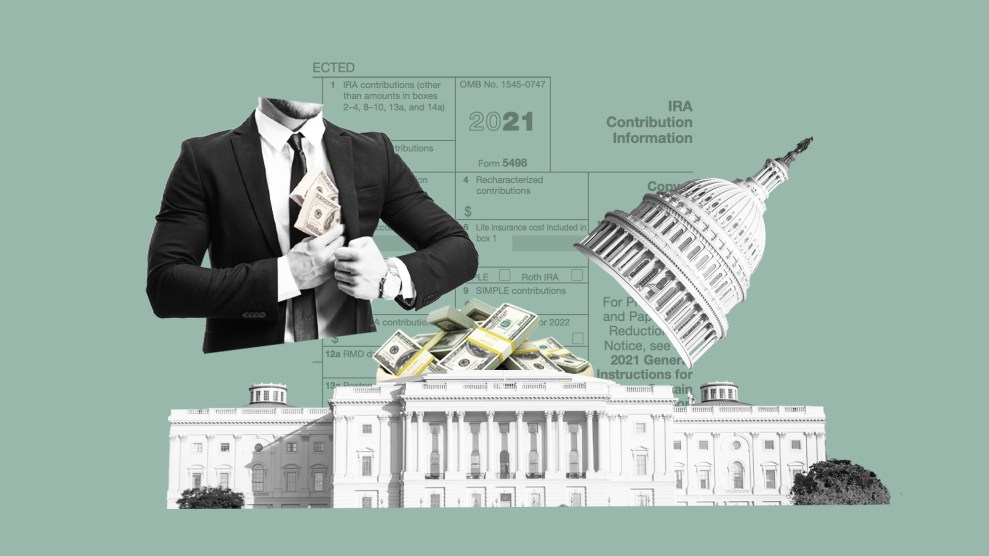
Mylene Deroche/IP3/Zuma
To an American viewer, the current protests over raising France’s retirement age might look a little quaint: the country that once beheaded members of its aristocracy still gets in a tizzy when its president wears an expensive watch. In January, when President Emmanuel Macron revealed his plan to raise France’s minimum retirement age from a relatively young 62 to 64, protests erupted across the nation. Garbage collectors in Paris and other cities have gone on strike, leaving trash to pile up in the streets for more than two weeks.
But this is not a case of petulant Frenchmen failing to see how good they’ve got it. It’s a worker protest against an overbearing president, a demonstration of the power of organized labor, and a warning for the United States, whose retirement system faces similar challenges.
Until Macron’s ruling, French workers could start collecting retirement benefits in full at age 62 only if they’d racked up a certain number of quarters of full-time work (which depends on the year of their birth). As with Social Security, collect any of your funds before meeting that bar, and your check takes a serious hit. While people in the US can retire at 62, most Americans living now won’t receive their full benefits unless they wait until they’re almost 70.
Many developed nations, not just the US and France, are dealing with a problem: As our populations age, our retirement systems are running out of funds. There are broadly two ways to solve this: increase taxes, or cut benefits. Republicans in the US tend to prefer the latter, but the notion of cutting retirement benefits is so unpopular that American politicians have suggested it only to turn around and deny ever doing so.
But Macron is less deferential to public opinion. French people detest the idea of raising the retirement age, and it’s not just because they love leisure—though there’s that, too. People working blue collar jobs say that Macron’s pension reform will hit them the hardest: They tend to start working earlier in life, and have lower life expectancies than white collar workers. “Sixty-four isn’t possible,” the head of one French labor union said, according to the New York Times. “Let them visit a textile factory floor, or a slaughterhouse, or the food-processing industry, and they will see what working conditions are like.”
Macron, lacking the political support to raise the retirement age, pushed his pension bill through without a vote in the country’s National Assembly. France has a long history of political protests, many of which have garnered significant concessions from the government. This week, protests in France ended in violence, with police beating and arresting protesters.
🟡 Signalement n°5727
Manifestants poussés, renversés, violemment matraqués au sol par les policiers pendant une charge. Violence gratuite, toujours sans interpellation.#Paris, 23/03/23, Source 🎥 @TaoualitAmar#ReformeDesRetraites #Greve23Mars #ViolencesPolicieres pic.twitter.com/47QJKWb75G
— Violences Policières (@violencespolice) March 23, 2023
It’s unclear how the protests, and Macron’s policy, will turn out. But French people’s refusal to allow an undemocratic attack on their social safety net should be an inspiration for the US, whose people are bound by the will of an unelected Supreme Court, six of its justices appointed by presidents who lost the popular vote. Raising the retirement age in France isn’t trivial, and French unions are proving it.
















